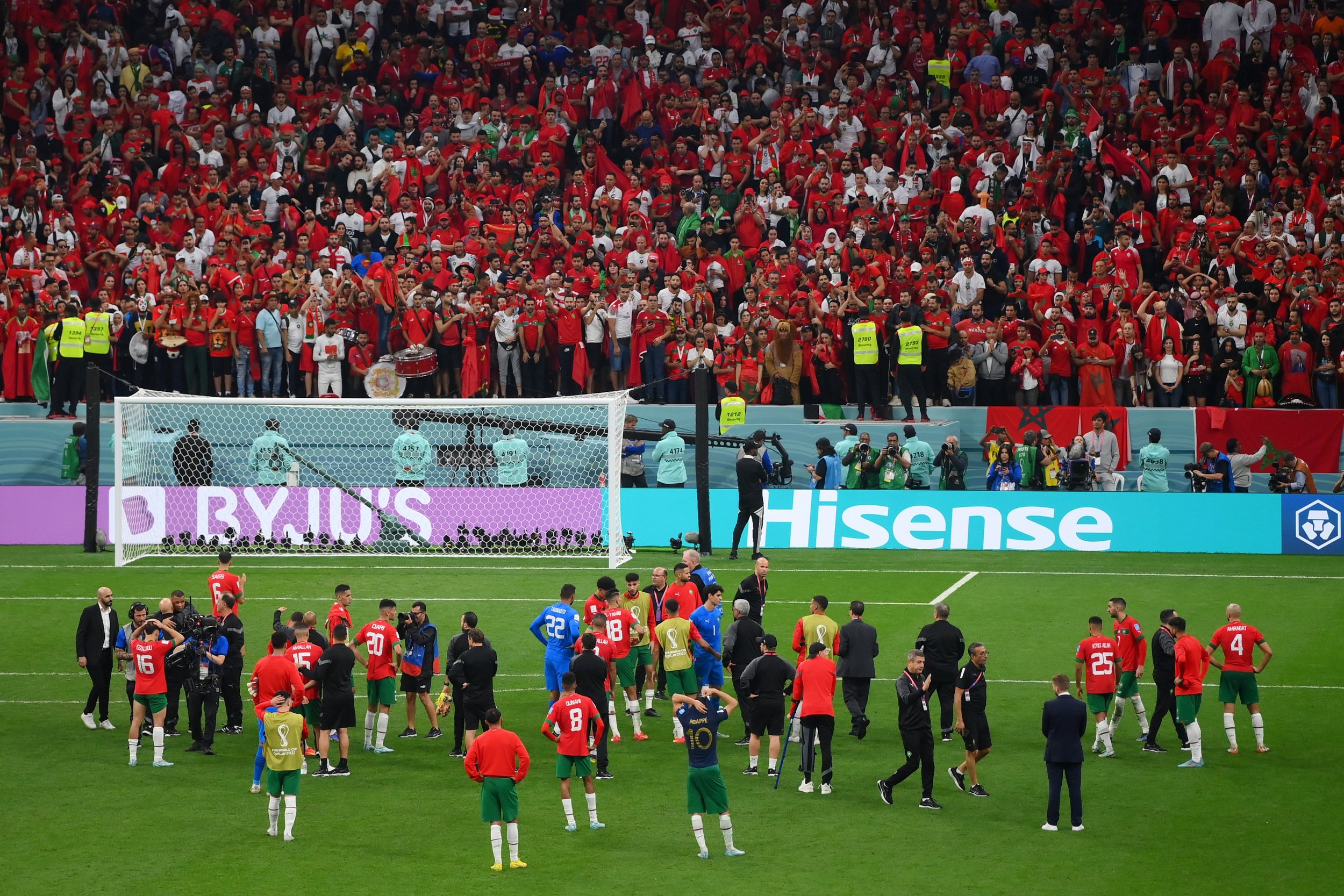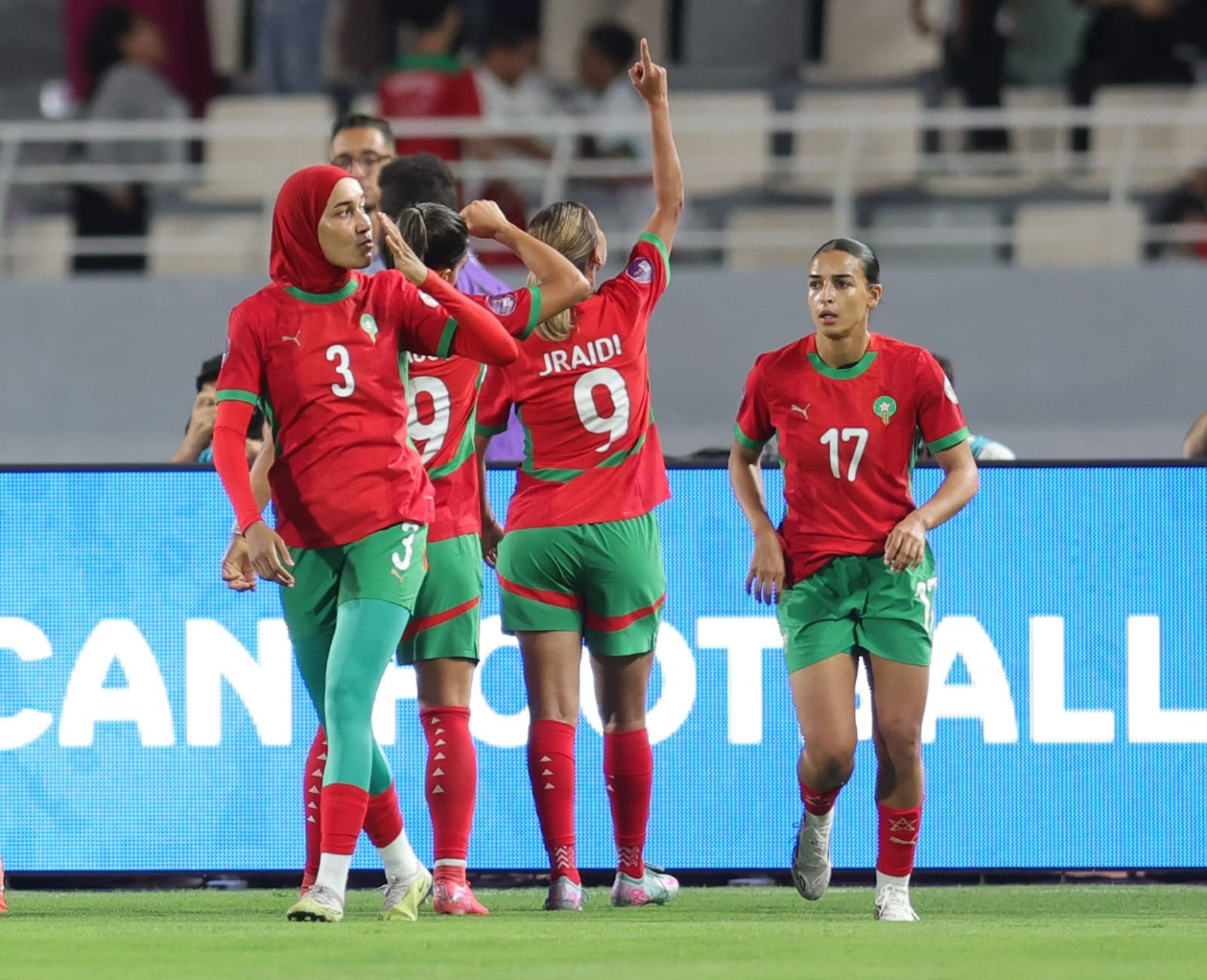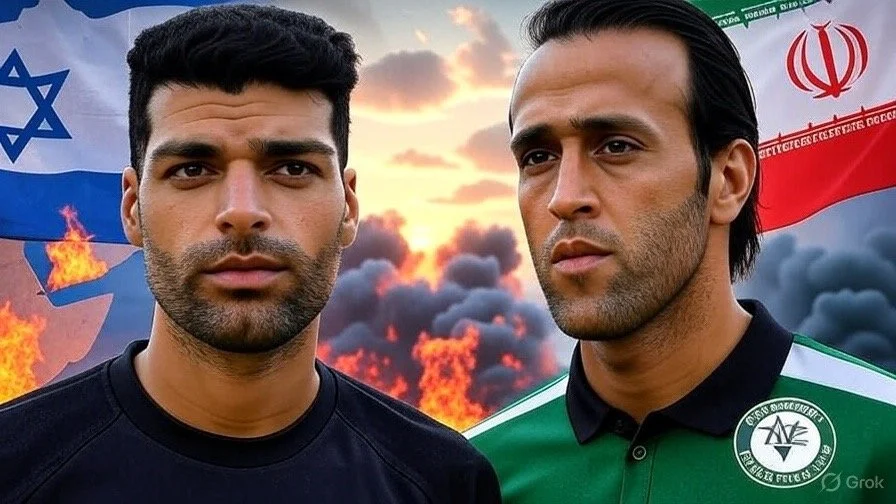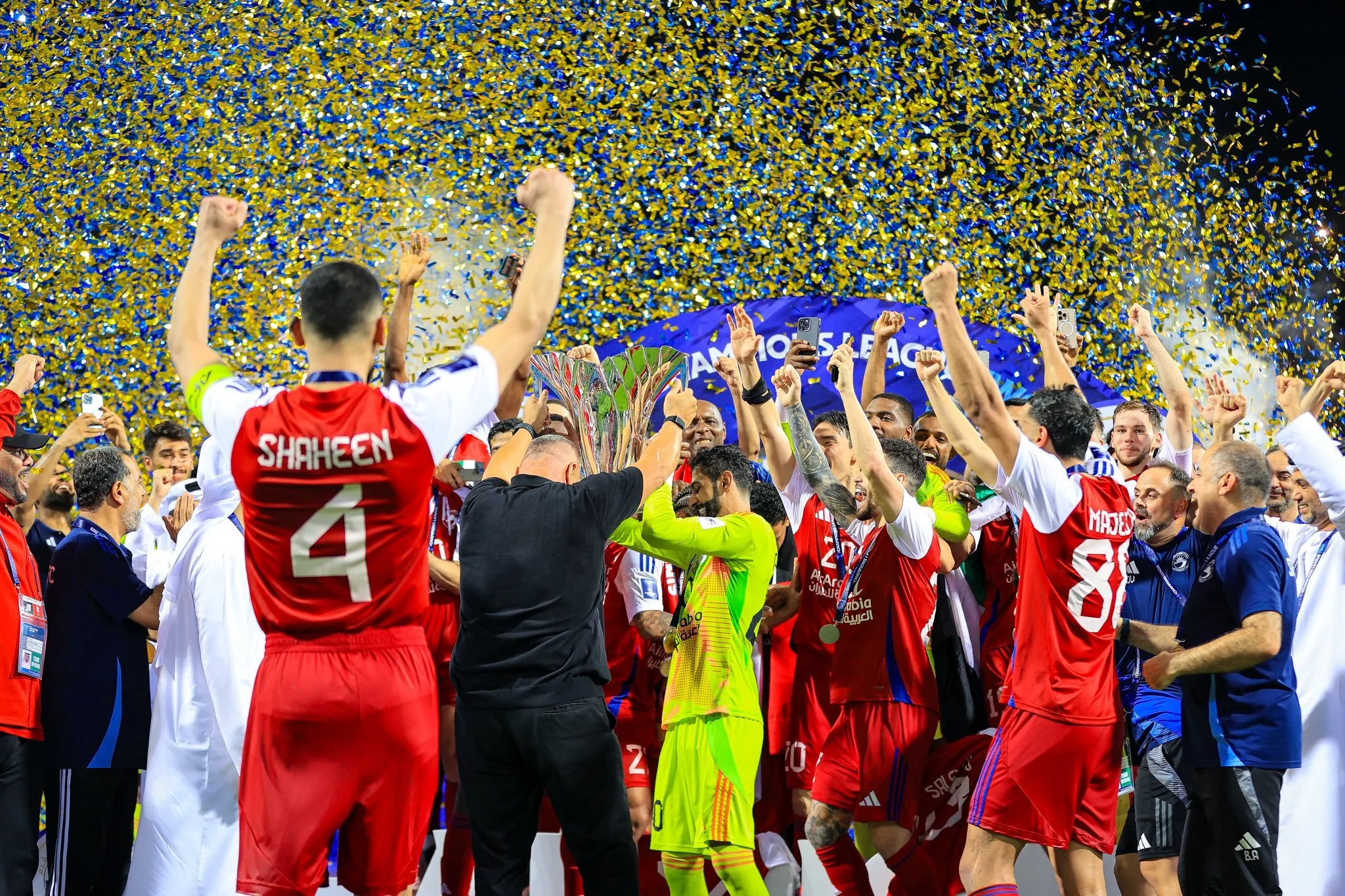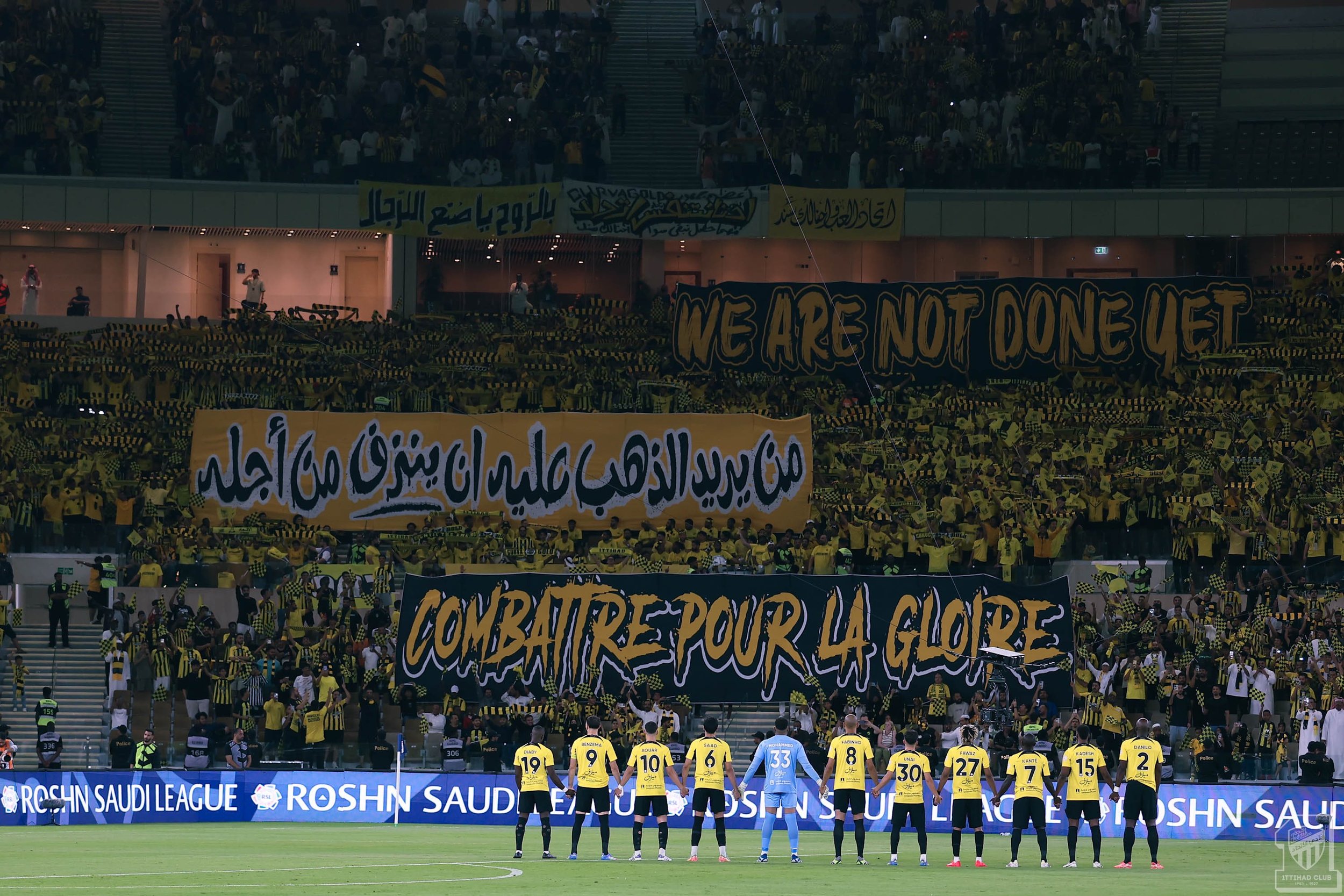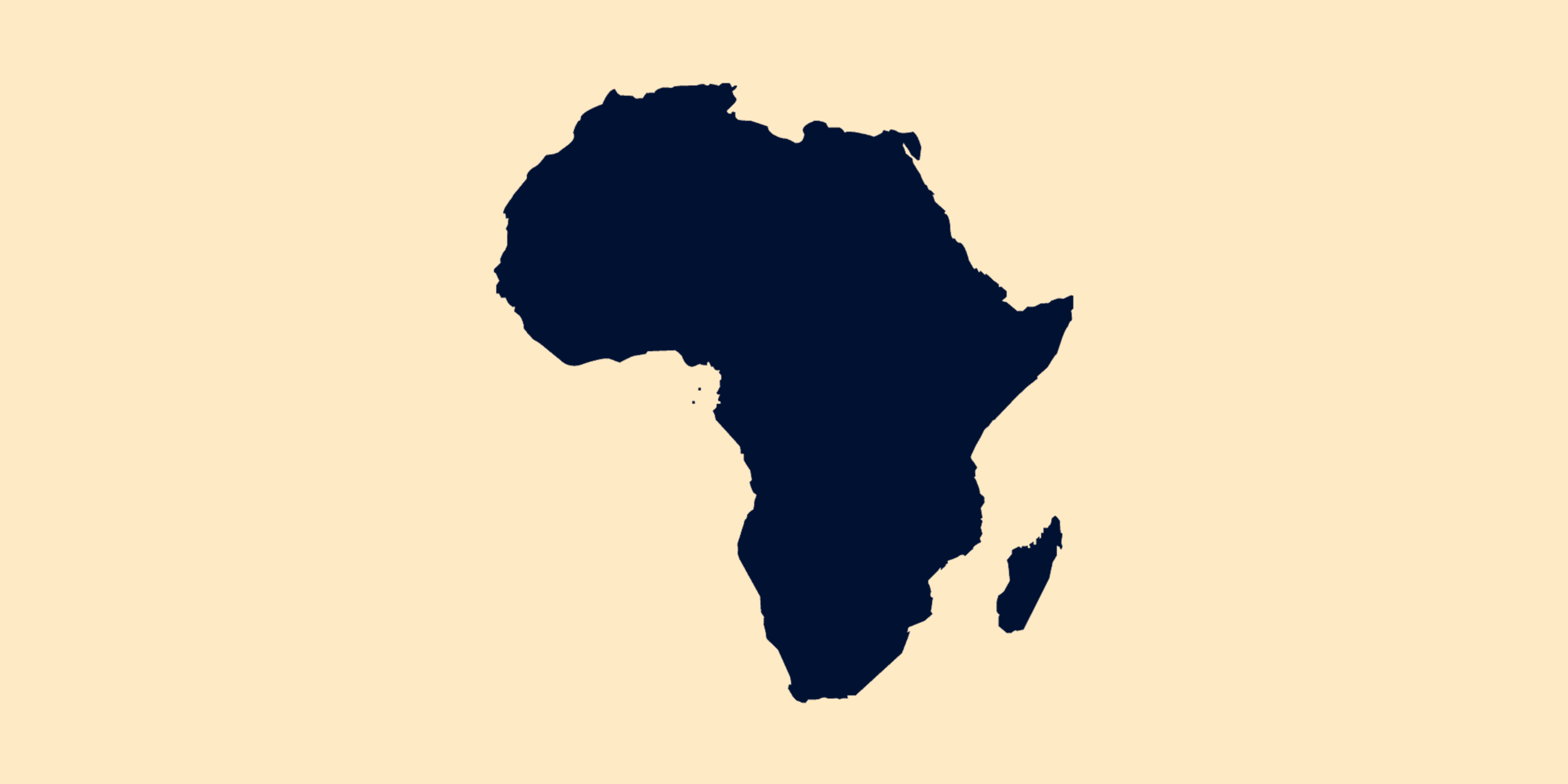The narrative that “the World Cup qualifiers are better than the World Cup itself” is common nowadays, especially when you have nations competing with far more compelling stories, but still have a chance to feature among the best 32 sides in the world.
For some the World Cup starts on the opening day of the tournament, but that just marks the start of a new chapter of a long and epic journey - and it all starts at kick off for the very first qualifying match.
Although the draw for the group stage has already concluded, the road to Qatar is far from over for some. This coming June, five nations from four of FIFA’s Confederation will be eyeing up the last available slots.
This stage of the qualifiers is known as the inter-confederation play-offs. Peru, who finished in fifth place in CONMEBOL qualification, will face the winner of the AFC play-off - either Australia or the UAE. Meanwhile, CONCACAF representative Costa Rica will be taking on Oceania’s New Zealand for a place at the finals.
Unlike previous campaigns, there is no two-legged home-and-away series, instead all matches will be decided in a single-leg knockout tie in Qatar.
It makes sense, especially since we’re still living with the pandemic, but regardless of these circumstances, the play-offs can be described as just an extension of the World Cup itself.
Teams will be presented with the unique challenge of facing an opponent that could almost be described as an ‘unknown quantity’. Imagine Leo Beenhakker’s Trinidad & Tobago side anxiously waiting for the result of a game between Bahrain and Uzbekistan back in 2005 - it is always going to be an arduous task for the coaching staff to figure out how best to handle teams which they don’t play against on a regular basis.
In some aspects, the playoff can also serve as a major boost for the game in places where it is desperately needed. Take Australia, for example, a country that will forever be synonymous with the Inter-Confederation play-offs, back from when it used to be a member of the OFC.
Football in Australia was stuck in the wilderness for two decades, from the 1970s to the 1990s, a far different world than it inhabits today. So when an Argentina side, featuring the likes of Diego Maradona, Gabriel Batistuta, Fernando Redondo and Abel Balbo, touched down in Sydney, it helped raise the sport’s profile, and gained the Socceroos wider attention from the Australian public.
And it brought them new rivalries too. In football, these are often defined by geography, politics, or a mix of the two - for Australia and Uruguay, none of that exists, but the pair have managed to conjure up famous encounters in 2001 and 2005. There was potential for a third duel this year, but it was not to be.
The play-offs also give teams an opportunity to travel and play in completely new environments. In 2005, after overcoming Uzbekistan, Bahrain faced Trinidad & Tobago in the Caribbean heat in Port of Spain. Four years later, they’d endure a cold and windy night in Wellington, against New Zealand.
But it’s not just the weather. When Ireland travelled to Tehran in 2001, for the return leg of their game against Iran, the Irish played in front of 100,000 people in the Azadi Stadium. Goalkeeper Shay Given described it as "the most intimidating" atmosphere he has faced in his career, in an interview with The 42.
Either way, these are just the situations which make international football more special. Lets not forget what these games mean to supporters though, because there’s an entirely different fan experience which plays a major role in the play-offs. Thinking back to Australia, imagine growing up as a kid there in the late 1980s. All you can do is switch on your radio or television and watch in awe at Diego Maradona’s exploits with
Napoli and Argentina. For that child, watching him play in the flesh would be wondrous. For Jordan fans, when the Uruguayan national team set foot in their country back in 2013, they must’ve had similar feelings. Whatever the outcome on the field, for the 17,000 fans inside the Amman International Stadium, it would be a day you could never forget. It’s not everyday Luis Suarez and Edison Cavani play in your own backyard. The priority, for every nation taking part, is to secure a spot at the finals in as expeditious a manner as possible - but the play-offs present a second chance, even if the risk may be high. And as a result, the celebrations evoked by a play-off win tend to be far greater.
When John Aloisi slotted the ball past Fabian Carini in 2005, the pandemonium that hit the streets of Australia was as if the country had just won the World Cup. The scenes in Trinidad & Tobago that year, and in New Zealand four years later, mirrored them to a tee.
So who will be earning their spot in the finals this time around?
It’s worth noting that, apart from the UAE, the rest have some form of experience playing at this stage. Playing the game over one leg just heightens the emotions involved, and the pressure will be as intense as ever.
With the games being played in Qatar, the host nation itself, it gives an added sensation that you’ve already got one foot in the finals - but for all the teams involved, it won’t be easy.
It’s not just the players and coaches who are feeling the heat, the fans are too - particularly any Emiratis, Australians, Kiwis, Peruvians or Costa Ricans in Al Rayyan for the deciding games.
All this means that the World Cup qualifiers are nearly over, but boy is the best yet to come.


